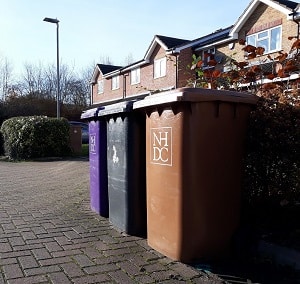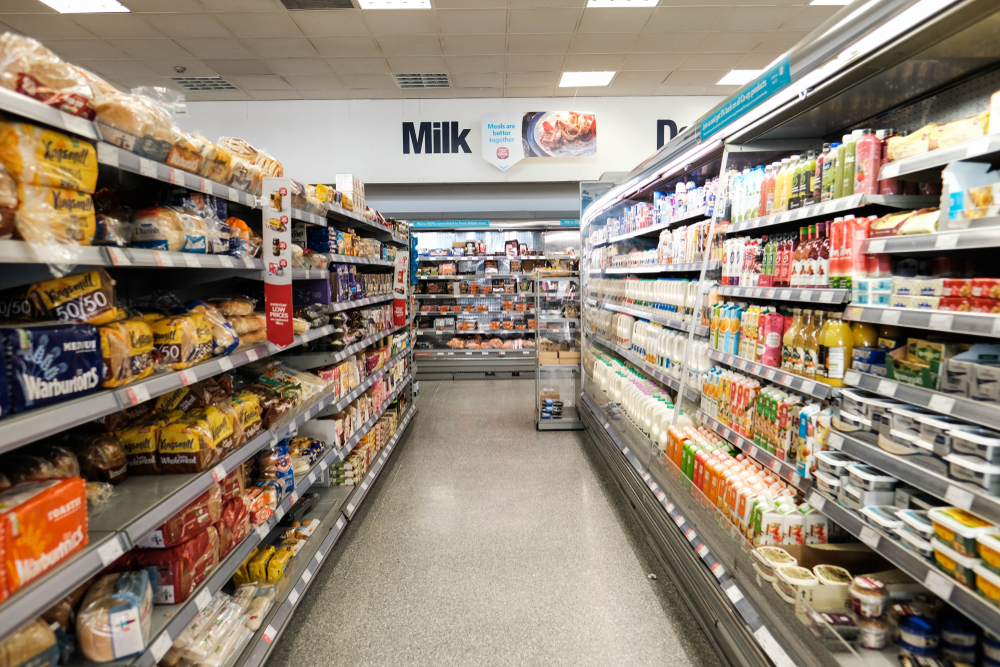In an article published in The Sun this week (3 August), the Food and Drink Federation warned that “shoppers could see their bills go up by another £60 a year thanks to recycling taxes put on firms”.
This was referring to the planned roll out of the EPR regime from 2024, which will see manufacturers pay for the recycling of packaging they put on the market.
The Sun article suggested that the cost of this would be passed down on to the consumer when many are already struggling in the midst of a cost of living crisis.
The FDF, whose members include large producers such as Coca-Cola and Unilever, called on ministers to pause the plans, which would be an “easy win” for consumers already facing higher costs.
Taxpayers already pay to get rid of packaging waste through their council tax bills
- Defra
Taxpayers
However, this claim was challenged by a Defra spokesperson, who said: “We don’t recognise these figures. Taxpayers already pay to get rid of packaging waste through their council tax bills.
“Under EPR, the companies who put packaging on the market pay instead. If they use less packaging, or make it easier to recycle, it will cost them less too.”

Defra explained that the £60 a year figures assumes that all costs for industry would be passed directly on to consumers, saying that the reforms will incentivise producers to use more packaging that can be recycled, which will allow them to reduce EPR fees.
Defra’s own suggestion say around £41 a year will initially be passed on, but could see councils faced with lower costs for managing the material, as well as modulated fees encouraging better packaging.
Defra added that its EPR scheme will work hand-in-hand with the proposals for consistent recycling collections, with the producers “helping to fund local authority collections from households”.
“This ensures that not only do we produce and use more sustainable packaging, but that more of it is captured and recycled from our homes and businesses, therefore creating a much more circular economy for our waste,” Defra added.
Delay
The FDF call comes after the environment secretary George Eustice hinted at possible delays in implementing the EPR regime where he felt there was a “risk” (see letsrecycle.com story).
The environment secretary said that while both EPR and deposit return scheme are a step in “the right direction, they are large and complex policies”.
EPR for packaging was originally planned to be rolled out by 2023, but this was pushed back to 2024 earlier this year (see letsrecycle.com story).
Inflation
EPR has come under increased scrutiny in recent months as inflation soars near to 10% and consumers are already seeing higher bills.
In June, Paul Vanston, the chief executive of producer group INCPEN, also highlighted the potential for issues to its rollout (see letsrecycle.com story).
If we are serious about climate change it is imperative that we introduce EPR
- Steve Read, chair of ADEPT Environment Board
Climate change
Calls to delay EPR were slammed by Steve Read, chair of the Association of Directors of Environment, Economy, Planning and Transport (ADEPT) Environment Board.
He said the the association considers that introducing EPR will encourage producers to reduce their packaging through meeting the full net costs of packaging management, which alongside the introduction of modulated fees, will encourage better packaging design and make it easier to recycle.
Mr Read added: “If we are serious about climate change, which is a major concern for the public, it is imperative that we introduce EPR. The premise that the cost of EPR has to be passed to consumers is frankly disingenuous – the industry could do much more to make better and more effective use of packaging.
“There is no requirement for these costs to be passed to the consumer. The cost of poor and excessive packaging has been avoided by the industry for years and it is disappointing that such a narrow perspective of how the cost of living crisis impacts on households and the most vulnerable in society is being put forward. When an industry doesn’t regulate itself, we need strong fiscal policies to encourage the sustainable use of precious resources.”










Subscribe for free